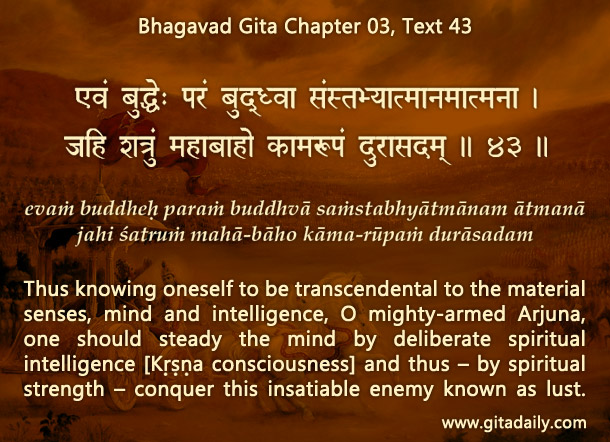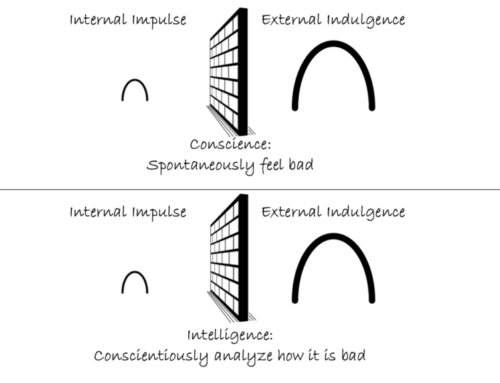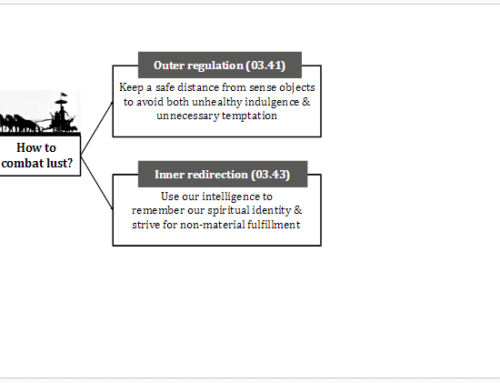Suppose India is rocked by a war of global significance. If an Indian newspaper barely reports that war, that silence is telling – it highlights the paper’s policies and priorities.
Consider Srimad-Bhagavatam, the devotional classic celebrated for its vivid and expansive description of Krishna’s pastimes in its tenth canto. That canto, despite containing over one-fourth of the Bhagavatam’s verses, doesn’t describe the fratricidal Mahabharata war. This silence is telling – it highlights the Bhagavatam’s singular purpose: to help its principal hearer, king Parikshit, prepare for his impending death by attaining deep absorption in Krishna. In the Mahabharata war, Abhimanyu was brutally slaughtered, thus leaving his still-unborn son, Parikshit, an orphan. Lest recollection of that tragedy distress and distract Parikshit, the Bhagavatam sensitively avoids dwelling on it.
The Bhagavad-gita’s silence about the Kurukshetra war is similarly telling. The Gita is spoken before that war to guide the disheartened Arjuna towards the path of duty. Yet it doesn’t contain turbo-charged rhetoric about the glory of winning, the strategy for fighting or even the depravity of the opponents – all subjects expected to dominate warriors’ pre-war discussions.
In striking contrast, the Gita mentions the war just a handful of times, and not even once in its last seven chapters. Poignantly, its conclusion (18.66) is a call for transcendence, not a call for war. And Arjuna responds (18.73) by resolving to surrender to Krishna, not by resolving to fight a cold-blooded war. Even when the Gita uses martial language, it refers more to the war within: to the inner enemies of selfish desire (03.43), and to the weapons for overcoming them – knowledge (04.42) and detachment (15.04).
The Gita’s studied silence regarding its battlefield context in its conclusion stresses its universal message: to inspire us to fight our inner war and relish the supreme spiritual fulfillment coming from self-mastery.
To know more about this verse, please click on the image
Explanation of article:
Podcast:




Thanks a lot
brilliant!!!!! truly wonderful and applicable realization.
Thank you, Jai Giridharai P, for your appreciation.
Happy to be of service.
Look forward to seeing you in New York in April, Krishna willing.